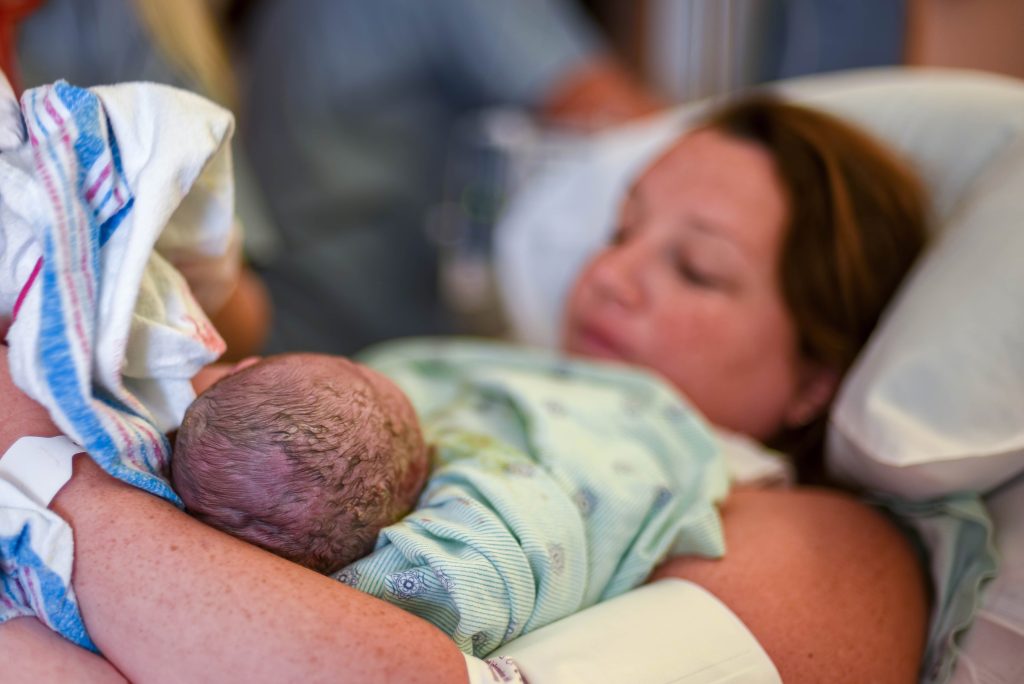Bringing a new life into the world is beautiful yet overwhelming, especially for first-time moms. While the joy of meeting your baby is unmatched, your body has undergone immense changes and needs time to heal. Whether you had a vaginal birth or C-section, recovery varies, with some feeling better in weeks while others take longer. Give yourself grace; there’s no rush to bounce back.
The First Six Weeks: What to Expect
1. Physical Recovery
The first few weeks postpartum can feel like a rollercoaster. Your body is adjusting to life after pregnancy, and healing takes time. Here are some common changes you may experience:
- Postpartum Bleeding
No matter how you gave birth, postpartum vaginal bleeding (lochia) is expected. It starts heavy and gradually lessens over time. If it suddenly increases, it’s best to check with your doctor. - Perineal Discomfort
If you had a vaginal birth with a tear or episiotomy, the area may be sore and swollen. Taking regular painkillers and sitz baths can provide relief while the tissues heal. - C-Section Recovery
If you had a C-section, be mindful of your incision site. Keep it clean, avoid heavy lifting, and watch for any signs of infection like redness, pus discharge or swelling. - Abdominal Discomfort
As your uterus contracts back to its pre-pregnancy size, you might feel cramping known as “afterpains.” These are completely normal and may feel stronger when breastfeeding due to hormonal triggers. - Digestive Issues
Constipation and hemorrhoids are common due to the changes in your body. Drinking plenty of water and eating fiber-rich foods can help prevent discomfort.
2. Emotional Adjustments
Not only your body is healing physically, but your emotions too. It’s important to acknowledge and allow yourself to feel what you’re experiencing:
- Hormonal Fluctuations
Mood swings, excessive sweating, and temporary hair loss are common as your hormones rebalance. These symptoms will ease over time. - Baby Blues
Many new moms experience tearfulness, anxiety, or mood changes within the first two weeks. This is completely normal. However, if you continue feeling overwhelmed or disconnected beyond this period, it may be postpartum depression, which should not be ignored.
Tips for a Smoother Recovery
Caring for your newborn is demanding, but taking care of yourself is just as important. Here’s how you can support your recovery:
- Prioritize Rest
Newborn sleep schedules can be unpredictable, but try to rest when your baby sleeps. Your body heals best with enough sleep. - Stay Hydrated & Eat Well
Nutritious foods and plenty of water will help restore your strength and support breastfeeding if you choose to nurse. - Manage Pain
Follow your doctor’s recommendations for pain relief, whether for C-section discomfort, afterpains, or perineal soreness. - Early Ambulation
Gentle movement, like short walks around your home, helps improve circulation, prevent blood clots, and speed up recovery.
When to Contact a Doctor
While some discomfort is normal, certain symptoms may indicate complications. Seek medical attention if you experience:
- Heavy bleeding that requires frequent pad changes
- Severe abdominal or incision pain that worsens
- fever
- Fainting, dizziness, or difficulty breathing
- Feelings of deep sadness, hopelessness, or thoughts of self-harm
While you have to adjust to your new role, you would also need to heal yourself physically and mentally. Remember, it’s okay to ask for help, to take breaks, and to give yourself the time you need to feel like yourself again. Remember, your journey is unique, and there is no right or wrong timeline for healing. Be patient with yourself, and know that with time, rest, and support, you will regain your strength and confidence as a new mom.
You will always have a shoulder to lean on at Embrace Clinic. Whatsapp us now.

